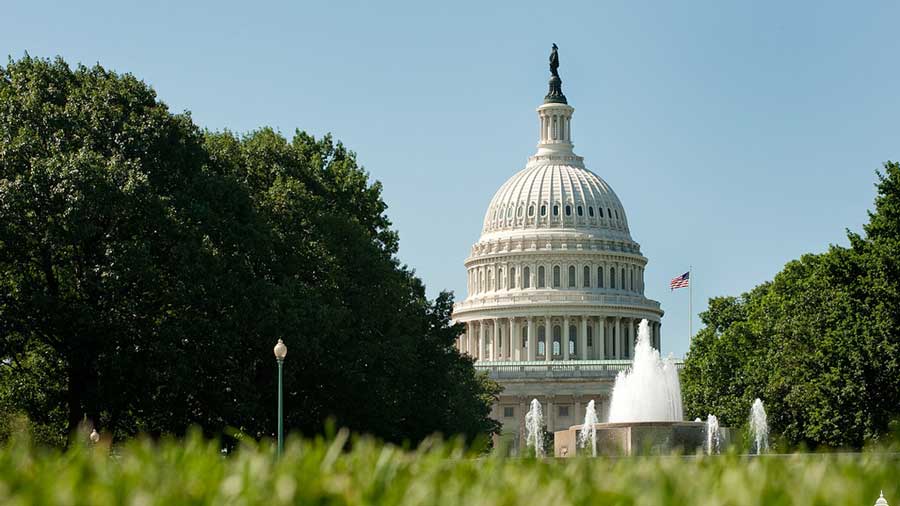Computer Cos. Pan Hawley Bill as 2019's Version of '1984'

The smarter way to stay on top of broadcasting and cable industry. Sign up below
You are now subscribed
Your newsletter sign-up was successful
Computer companies were quick to attack Sen. Josh Hawley's bill that would make social media networks promise not to censor political speech, and create a government apparatus for certifying that. Those companies, or at least a major trade association representing many of them, said it was the stuff of dystopian fiction and worse, even suggesting the Senator was creating a home for white nationalist propaganda.
Hawley, a freshman senator from Missouri, has been an unrelenting critic of social media, calling it an "unproductive peril," echoing the sort of rhetoric leveled by legislators at, successively, publishers of ghoulish comics, violent westerns and detective TV shows, and violent video games, though the issue has wider implications given the power of the 'net over every facet of life and work.
Hawley's latest volley came Wednesday (June 19) in the form of the Ending Support for Internet Censorship Act.
“Fans of the fictitious ‘1984’ novel would no doubt appreciate the ludicrousness of a so-called anti-censorship bill that would require companies to get government approval to censor nefarious content -- or face legal liability, said Ed Black, president of the Computer & Communications Industry Association, whose members include Facebook, Google and many other edge providers."This is an unbelievable disregard for the essence of the First Amendment and attempt to overlay a lens of partisan politics over the communications of millions of Americans," he said.
While Democrats have their own issues with social media and Big Tech, they generally view the "conservative bias" allegation as a distraction from other issues like, say, use of social media for Russian election meddling or sex trafficking or hate speech.
“If Congress is serious about tech companies doing more to remove hate speech and illegal content online, putting new restrictions on the legal protection that allows them to do that would be ill-advised," he said. "CCIA has spent decades fighting internet censorship regimes around the world, alongside U.S. diplomats. It would be disappointing to see the country that has been a leader against restrictive regimes create its own government-regulated regime to oversee the political correctness of internet content.”
“At a time when white nationalists are stealthily seeding calls in the mainstream press for ‘viewpoint neutrality’, it’s troubling that the Senator would contemplate legislation forcing online services to carry these views. American businesses shouldn’t be forced to be neutral toward racism and extremism," said Black.
The smarter way to stay on top of broadcasting and cable industry. Sign up below
What speech is harmful and should be removable is the central issue of the debate over what role social media should have in policing its content given the power and reach of those platforms.
A just-released Pew Research poll found that respondents did not trust Big Tech to be able to decide what was offensive content and were split on whether they could identify it themselves.
Contributing editor John Eggerton has been an editor and/or writer on media regulation, legislation and policy for over four decades, including covering the FCC, FTC, Congress, the major media trade associations, and the federal courts. In addition to Multichannel News and Broadcasting + Cable, his work has appeared in Radio World, TV Technology, TV Fax, This Week in Consumer Electronics, Variety and the Encyclopedia Britannica.

